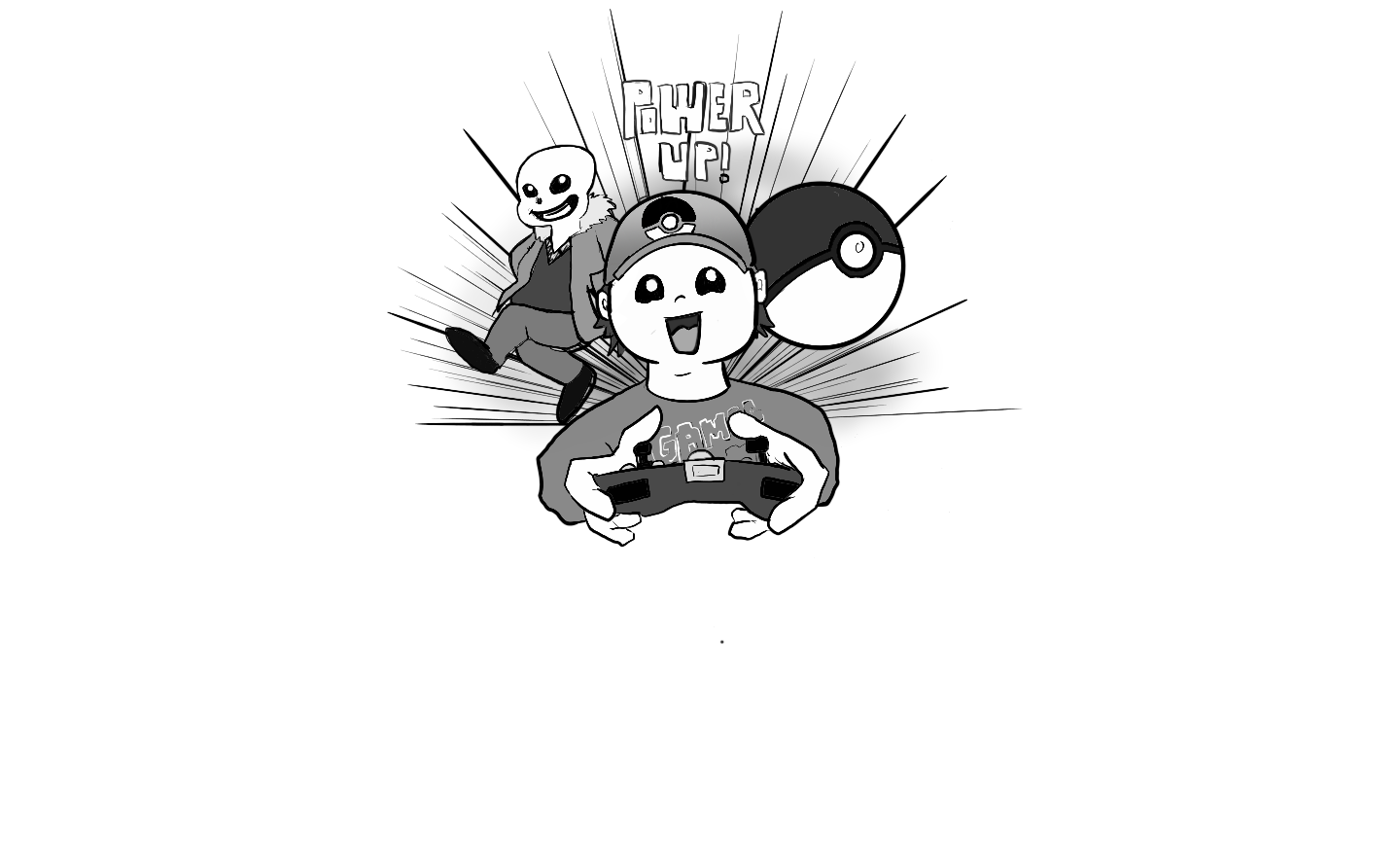

Why do people play video games? The most obvious answer would simply be that they’re fun. But video games can also transcend being merely modes of entertainment and contribute to people’s lives in more meaningful ways.
Video games help distract junior Naomi Schroeter from reality and allow her to live through different situations. Even the most simple game mechanics can provide her with new experiences.
“I can’t really run because I have fibromyalgia,” she said, “so even in ‘Pokemon’ when you press B to run, that just makes me happy because it’s something that I can’t do in real life.”
While video games are sometimes seen as lower forms of entertainment, senior Parker Auerweck believes they can tell stories as effectively or even more effectively than other media, such as film and literature.
“Comparing to movies and film, I feel like video games do a much better job of telling a story,” he said. “There’s a lot more time to tell a story. There are a lot more details you can put into it. You can really get immersed in the world and feel like you’re part of the story, and then you get more out of it.”
Both Schroeter and Auerweck believe that the stories video games tell can be meaningful and teach moral lessons.
For example, Schroeter played, “Undertale,” in which the protagonist is able to fight monsters as in a normal video game, but is also given the option to befriend them.
“Games like “Undertale” say that ‘not all monsters are monsters,’” Schroeter said, “and [convey that] you should be nice to people regardless of the prejudices you initially had against them.”
In her experience, video games are especially effective in communicating thematic messages because they engender empathy by putting the player in the character’s shoes.
“I think that the [most] important skills [associated with gaming] are quick thinking and also sympathy,” Schroeter said, “because you’re literally putting yourself in the situation of another person, so you can really identify with them or know what they’re going through.”
Beyond this, Auerweck believes that gaming has helped him develop perseverance and problem-solving skills.
“[Gaming has] taught me patience,” he said. “A lot of the time in a video game, especially when you’re facing something difficult or a challenge, you’re not going to get it on your first try. Something that I’ve gotten out of video games is the patience to keep going at something even though things aren’t working, and then eventually [figuring] out exactly what I need to do. Video games have helped me refine that skill.”
Auerweck is not alone. A 2013 study published in the Journal of Youth and Adolescence found that “strategic video game play predicted higher self-reported problem solving skills, and, in turn, higher self-reported problem solving skills predicted higher academic grades.”
Another benefit of gaming in both Auerweck and Schroeter’s lives has been the ability to connect with new people and make friends. Auerweck mentioned a time when a friend he knew in real life introduced him to a new friend online.
“At first we just played ‘Destiny’ together, and in our antics of playing the game and going through and just having fun playing the game, we ended up discussing ‘normal person’ things, beyond the game,” he said. “I learned more about him, he learned more about me.”
Every activity has drawbacks, and this applies for video games as well. Studies have found that gaming can be addictive. Playing video games also isolates one from both exercise and in-person human interaction. But as many gamers — and research — can attest, there is more to gaming than just wasting time.



